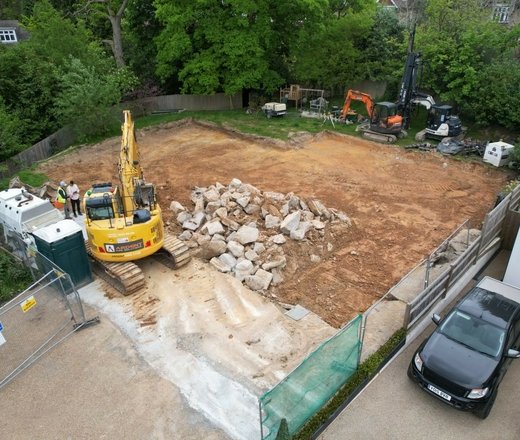As a nation of homeowners, property is often included in an estate when someone sadly passes. Deborah Richards, Managing Partner of Maddisons Residential, argues that the UK probate system – the legal process to deal with the deceased’s assets – places stress on grieving families and raises tax implications that all homeowners should be aware of.
What is probate?
In England and Wales, the definition of probate refers to the legal and financial processes of managing the estate assets (property, possessions and money) of someone who has died. This can include taking care of any debts and distributing assets in accordance with the will. Probate is the process of validating a will (if there is one) and confirming who has the authority to administer the estate of the deceased. Executors or next of kin must apply for grant of probate before they can claim, transfer, distribute or sell any of the deceased’s assets.
HRMC advice and the sixth months inheritance tax liability
HMRC’s advice is that you should not sell the deceased’s property until probate is granted, as the courts oversee the process to ensure that the estate’s assets are distributed correctly. This can take several months or even years, depending on the complexity of the estate.
However, waiting is not without implications. Many estates will have an inheritance tax liability which is due by the end of the sixth month after the person died. This can be paid over yearly instalments for certain assets that do take time to sell, like property; but when a property cannot be sold because probate has not yet been granted, this can put real pressure on the estate.
Costs and pressures on the estate if the process is not simple
With such delays, buyers can be nervous of making an offer on a property in probate, uncertain on when the sale will be able to complete. Equally, the property remains a further burden for the estate, which will need to maintain, heat, insure and care for it until it is passed to its new owners.
HMRC recently introduced a new computer system intended to streamline and expediate the probate process. However, recent feedback has been that unless an estate is very simple, it has caused greater delays.
Potential for improvements to the system
There is no doubt in my mind that more needs to be done to speed up the process and change is needed to reduce the stress placed on a grieving family who cannot sell assets to release the funds to pay inheritance tax. To me, it is a flawed system that harms bereaved families and it needs addressing.
Managing the estate of someone who has died, when property is involved, can be a complicated process, and for grieving families it can be an added stress to deal with the potential liability of inheritance tax if probate is not granted within sixth months. If you want advice and help on selling a property in or around Tunbridge Wells, please contact us as our experienced team would love to help.
Market your property with Maddisons Residential
For many, the first point in their house moving journey, is to understand the value of their current home. Whether you want a quick, instant, online indication, or a more robust property specific and individual valuation, we would be delighted to help.





